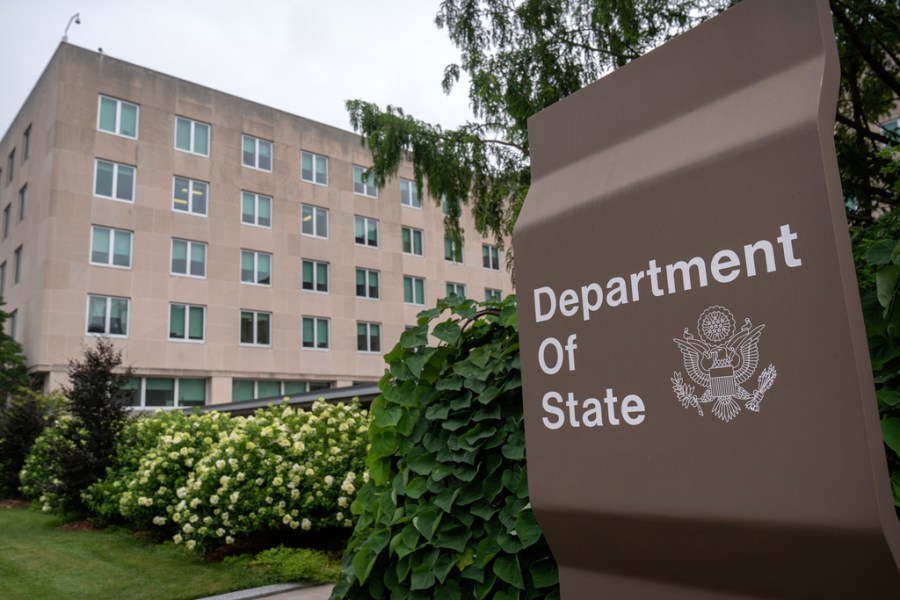
The inconsistency between the United States’ human rights reporting and its immigration policies has come under intense scrutiny. Recent critiques of the U.S. Department of State’s Human Rights Reports highlight concerns about their length, coverage of issues, and perceived bias. Critics argue that these inconsistencies could jeopardize America’s global credibility regarding human rights.
The Human Rights Reports, released annually, are intended to provide a comprehensive overview of human rights practices in various countries. However, critics contend that these reports often fail to align with the realities of U.S. immigration policy, particularly as it relates to the deportation of individuals to regions where they face significant danger.
Concerns Over Human Rights Accountability
Human rights advocates assert that the United States must maintain a consistent stance on human rights both domestically and internationally. The current immigration policy, which permits the deportation of certain individuals, has been described as potentially placing them in “dangerous situations.” As a result, this could lead to serious human rights violations.
Advocacy groups have expressed alarm at the implications of these policies. For instance, the American Civil Liberties Union (ACLU) has raised concerns about how these deportations conflict with the principles outlined in the U.S. Human Rights Reports. The ACLU’s legal director stated, “When we deport individuals to countries where they face persecution, we are not only failing our obligations but also undermining our credibility on the global stage.”
The disconnect between the reports and actual policy practices could have long-lasting impacts on the reputation of the United States. International observers note that the U.S. has positioned itself as a leader in promoting human rights worldwide. However, inconsistencies in its own policies may lead to skepticism regarding its commitment to these values.
Global Implications and Future Considerations
With the ongoing criticism, experts emphasize the importance of aligning immigration practices with the principles espoused in human rights reporting. According to a report from the United Nations, nations that fail to uphold human rights norms risk losing influence and credibility internationally. The U.S. is at a critical juncture where its policies could either reinforce or diminish its standing in the global community.
As discussions surrounding immigration reform continue, policymakers are urged to consider the implications of their decisions not only for domestic audiences but also for international relations. The U.S. Department of State must address these criticisms to ensure that its human rights narrative remains credible and that it upholds its commitments to protect vulnerable populations.
The intersection of human rights and immigration policy remains a complex and evolving issue. As the world watches, the United States faces the challenge of reconciling these inconsistencies to restore its reputation as a champion of human rights.







